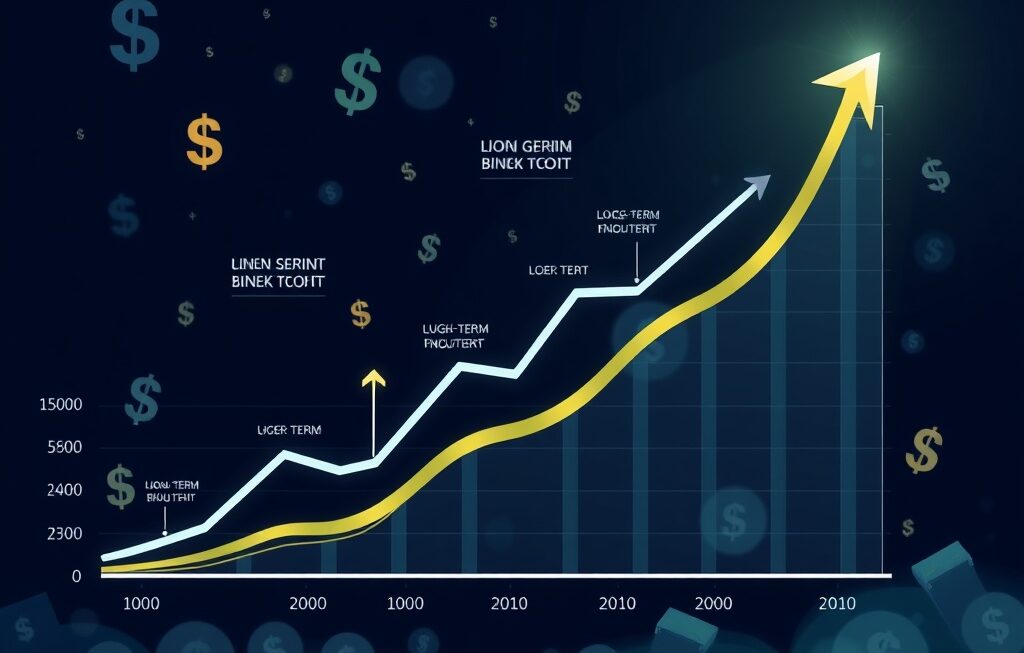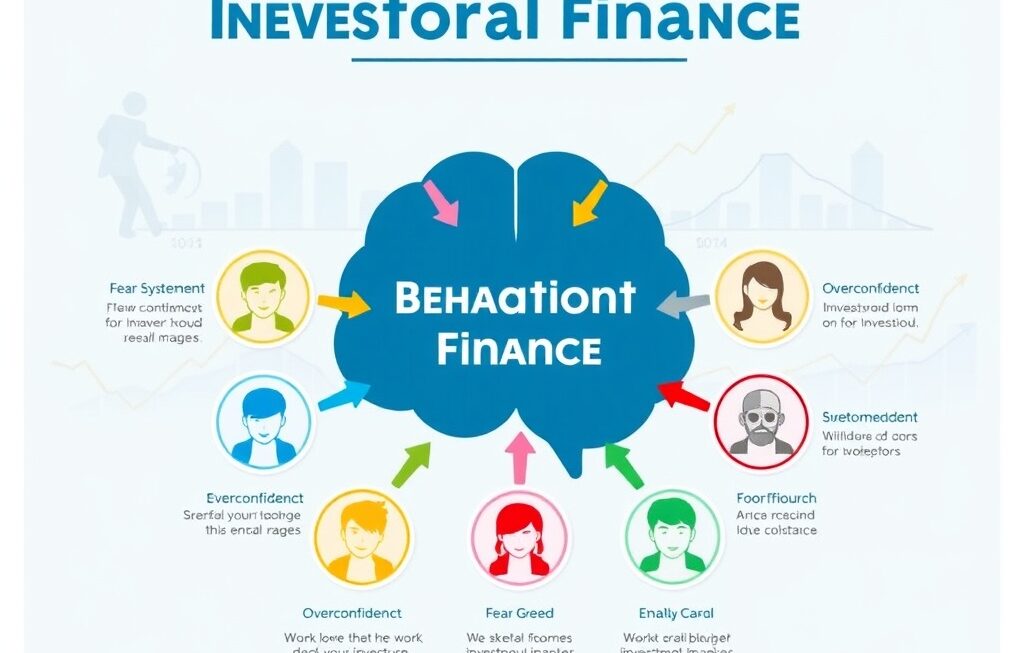The world of real estate investing is undergoing a profound transformation. Once considered one of the most traditional asset classes, property investment is now embracing cutting-edge technology that is revolutionizing how investors buy, sell, and manage real estate. From blockchain-based tokenization to AI-driven analytics, the digital age has opened the doors to accessibility, transparency, and innovation in ways unimaginable just a decade ago.
This article explores how digitalization is reshaping real estate investing, the key technologies driving this change, and how both institutional and individual investors can benefit from the evolving landscape.
The Shift Toward Digital Real Estate Investing
Traditionally, investing in real estate required large amounts of capital, extensive paperwork, and intermediaries such as brokers and lawyers. The process was often slow, opaque, and geographically limited. However, digital transformation has disrupted this status quo.
Today, investors can buy shares of properties through online platforms, access real-time market data, and even trade fractionalized real estate tokens using blockchain technology. This shift has made real estate investing more democratic, efficient, and global.
The rise of PropTech (property technology) companies has played a crucial role in this evolution. By leveraging data, artificial intelligence, and digital platforms, these firms are enhancing every stage of the real estate lifecycle—from acquisition and management to financing and resale.
The Role of Blockchain and Tokenization
One of the most revolutionary developments in digital real estate investing is tokenization. Tokenization converts real estate assets into digital tokens recorded on a blockchain, allowing investors to own fractional shares of a property.
This innovation eliminates many of the barriers associated with traditional investing:
- Accessibility: Investors can participate with smaller amounts of capital.
- Liquidity: Tokens can be traded on secondary markets, unlike traditional real estate holdings.
- Transparency: Blockchain records ensure verifiable ownership and transaction history.
- Efficiency: Smart contracts automate and secure the process, reducing the need for intermediaries.
For example, a commercial property worth $10 million can be divided into 100,000 tokens, each representing a $100 share. This model allows investors worldwide to gain exposure to prime assets that were once available only to institutional players.
Countries like Switzerland, Singapore, and the United Arab Emirates are already implementing regulatory frameworks to support real estate tokenization, signaling a new era for global property investment.
Artificial Intelligence and Predictive Analytics in Real Estate
Artificial Intelligence (AI) is redefining how investors analyze, manage, and optimize their real estate portfolios. AI-powered platforms can process vast amounts of data—from economic trends and local demographics to rental yields and price fluctuations—providing investors with insights that were once impossible to obtain manually.
Key applications of AI in real estate investing include:
- Market Analysis: Predicting price trends and identifying undervalued areas.
- Risk Assessment: Evaluating investment risks based on real-time factors such as market volatility or tenant stability.
- Property Management: Automating maintenance schedules, rent collection, and tenant communications.
- Portfolio Optimization: Suggesting diversification strategies based on investor goals and performance analytics.
AI also enables more personalized investment experiences. Platforms can tailor recommendations to individual investor profiles, helping users make data-driven decisions that align with their risk tolerance and financial objectives.
Crowdfunding Platforms and Democratized Investing
The digital age has also brought about real estate crowdfunding, a model that allows multiple investors to pool funds to finance property developments or acquisitions. Through online platforms, individuals can now invest in projects with as little as $500 or $1,000—breaking down traditional barriers to entry.
This democratization of real estate investing has several advantages:
- It provides access to premium properties.
- It offers diversification across markets and property types.
- It reduces dependence on traditional financial institutions.
- It fosters global participation in local markets.
Platforms such as Fundrise, RealtyMogul, and CrowdStreet have become pioneers in this space, offering investors opportunities that combine convenience with transparency.
Virtual Real Estate and the Metaverse
Beyond physical assets, the rise of virtual real estate has become one of the most talked-about trends in the digital age. Virtual worlds such as Decentraland, The Sandbox, and Otherside allow users to buy, develop, and trade digital land using cryptocurrencies and NFTs.
While still highly speculative, virtual real estate presents a new frontier where digital ownership, branding, and investment intersect. Major companies and investors are purchasing virtual land to host digital events, advertise products, or simply hold assets for potential appreciation.
Although this market is volatile, it reflects a broader truth: the definition of real estate is expanding in the digital age, blending physical and virtual realities in unprecedented ways.
Big Data and Real-Time Market Insights
The availability of big data has changed how investors evaluate real estate opportunities. Instead of relying solely on local agents or outdated listings, digital tools now provide access to vast datasets including:
- Neighborhood trends and demographic changes.
- Real-time property valuations.
- Predictive models for rent growth and occupancy rates.
- Economic indicators affecting property markets.
These insights help investors make informed decisions and identify emerging opportunities before they become mainstream. Big data is, in essence, the new foundation of intelligent real estate investing.
Sustainability and Smart Building Investments
Digital transformation has also intersected with sustainability in real estate. Smart buildings equipped with sensors and automation systems optimize energy consumption, monitor air quality, and enhance tenant comfort.
Investors are increasingly prioritizing green real estate—properties designed for energy efficiency, water conservation, and minimal environmental impact. Platforms now offer data-driven ESG (Environmental, Social, and Governance) metrics, helping investors align portfolios with sustainability goals.
In the long term, sustainable buildings not only reduce operational costs but also maintain higher market value due to growing environmental awareness among tenants and regulators.
Real Estate Investment Trusts (REITs) in the Digital Era
REITs—companies that own or finance income-producing real estate—are also embracing digital transformation. Many REITs now use online platforms to engage directly with investors, publish real-time performance reports, and implement AI-based analytics for asset management.
Digital tools allow REITs to streamline their operations, attract global investors, and maintain transparency. For individual investors, buying shares of REITs through online brokers or fintech apps offers an easy way to gain exposure to real estate without owning physical property.
The Role of Fintech and Mobile Accessibility
Fintech innovations have made real estate investing more accessible than ever. Mobile apps and digital wallets allow users to browse properties, complete transactions, and track investments from anywhere in the world.
Features such as biometric security, instant payments, and integrated market data enhance the user experience while maintaining safety and transparency. The convergence of fintech and PropTech is blurring the lines between traditional finance and real estate, creating a seamless digital ecosystem for investors.
Risks and Challenges in Digital Real Estate Investing
While the digital transformation brings tremendous benefits, it also introduces new risks that investors must consider:
- Cybersecurity threats and data breaches.
- Regulatory uncertainty, especially with tokenized assets.
- Market volatility in digital and virtual real estate.
- Technological obsolescence of platforms or systems.
Therefore, it’s essential for investors to conduct due diligence, verify platform credibility, and diversify across both digital and traditional assets to mitigate potential losses.
The Future of Real Estate Investing
The future of real estate investing lies at the intersection of technology, sustainability, and accessibility. As digital ecosystems mature, investors will benefit from unprecedented transparency, liquidity, and global participation.
In the coming years, expect to see further integration of blockchain for transaction management, AI for predictive analytics, and virtual reality for property visualization. Smart contracts will streamline legal processes, and data-driven insights will replace intuition-based decisions.
Ultimately, digital transformation is not replacing traditional real estate—it’s enhancing it. Investors who embrace these changes will gain a competitive advantage in a market defined by innovation and speed.

In Summary: Real Estate Investing in the Digital Age
Real estate investing in the digital age represents a paradigm shift from exclusivity to inclusivity, from manual processes to automation, and from local markets to global opportunities. By leveraging blockchain, AI, big data, and fintech platforms, investors can now build diversified, sustainable, and efficient portfolios.
Real Estate Investing in the Digital Age: The key to success lies in understanding these technologies and applying them strategically. In this new era, real estate is no longer just about location—it’s about information, innovation, and intelligent decision-making.




